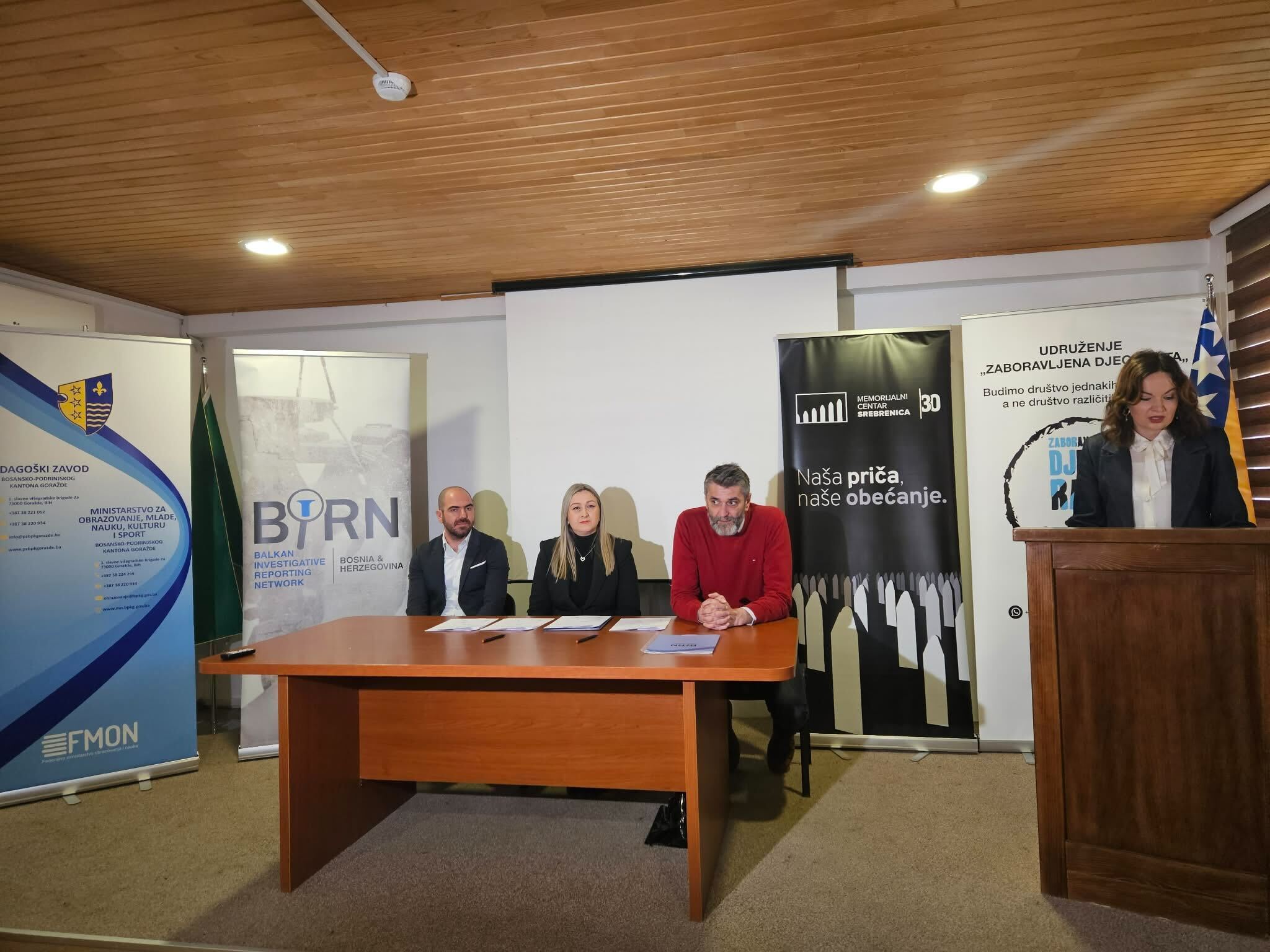This post is also available in: Bosnian
Republika Srpska’s Ministry of Labour, War Veterans and Disabled Persons’ Protection of Republika Srpska said on Monday that the draft law on wartime torture victims has been finalised after consultations with the general public.
Ministry representative Rada Kela said that the final version of the law defines the rights of torture victims and the means for securing resources to provide those rights.
“This law precludes discrimination based on ethnic, racial or religious affiliation, as well as all other forms of discrimination, and ensures the respect of the principles of gender equality, justice, social sensitivity and solidarity,” Kela said.
She said the draft law envisages that victims of wartime torture and sexual violence will get monthly financial benefits as well as medical rehabilitation, health insurance and employment assistance.
But rights groups said they did not know if the government has taken into account their suggested changes to the draft legislation, which some criticised for insisting that “enemy troops” will not be entitled to any rights as war victims in Republika Srpska.
Aleksandra Letic of the Helsinki Committee for Human Rights of Republika Srpska said she was told by the government that it has “accepted certain suggestions”, but added that it did not explain what had changed in the final version of the draft legislation.
“There are a number of unresolved issues. The part containing unclear terminology was of particular importance. It said that ‘those who participated in enemy armies’ or those who were on the enemy side could not benefit from this law,” said Letic.
Bakira Hasecic, president of the Association of Women Victims of War, said that the ministry has not responded to its written comments on the draft law.
“We don’t know what has been changed, what has been accepted, what changes have been made. We are concerned that discrimination might occur, and that the law was prepared for Serb people only,” Hasecic said.
The Association of Women Victims of War expressed concern recently that the law could exclude a large number of victims who fled Republika Srpska because of the war.
“Many of those who lived on the territory of Republika Srpska have never returned to the places where they were molested and tortured and now they cannot be considered as victims under this law,” the association said in a letter to the Bosnian Serb authorities expressing its views about the draft legislation.
Critics of the Republika Srpska law also argue that there should be state-level rather than entity-level legislation in order to cover all war victims in the country.

